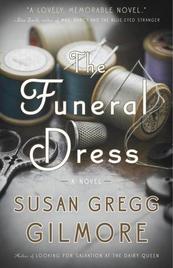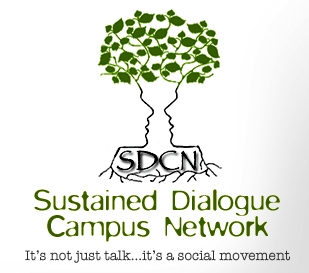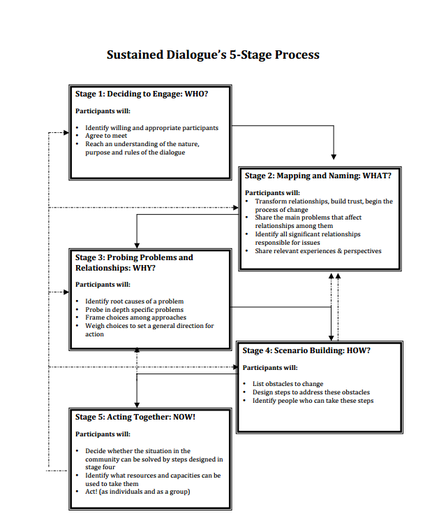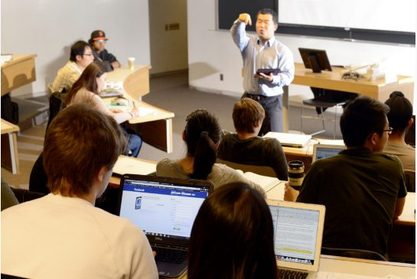Found It. Read It. Passing It On.

Is anybody else putting up with an unceasing torrential downpour? I haven't seen the sun in five days. I know it's the Seattle area, but come on. Plus, my dog is terrified of thunder.
However, these long days inside translates to increased time in front of the computer. There's a lot of great stuff out there for students and their parents, whether you're in high school or looking to start a graduate program.
If you're stuck in the house like me, you might want to consider checking out some of the following links:
However, these long days inside translates to increased time in front of the computer. There's a lot of great stuff out there for students and their parents, whether you're in high school or looking to start a graduate program.
If you're stuck in the house like me, you might want to consider checking out some of the following links:
17 Things College Seniors Are Sick of Hearing
How about number 4: "So what do you want to do when you graduate?" (Hint: It's ok if you have no clue)
Scholarships For High School Students 2013-2014
Um, this is an impressive list of every scholarship out there.
Dining Hall Food on Tumblr
I went to Notre Dame, where South Dining Hall looked like something out of Hogwarts.
Envy in Grad School
Holy cow, yes! The importance of running your own race.
Bard College Using Essay Writing For Admissions
Bard is offering applicants the option of submitting four 2,500 word research papers, in lieu of SAT scores, transcripts, and teacher recommendations. WHY WASN'T THIS OPTION AVAILABLE WHEN I WAS APPLYING TO SCHOOLS?!
How about number 4: "So what do you want to do when you graduate?" (Hint: It's ok if you have no clue)
Scholarships For High School Students 2013-2014
Um, this is an impressive list of every scholarship out there.
Dining Hall Food on Tumblr
I went to Notre Dame, where South Dining Hall looked like something out of Hogwarts.
Envy in Grad School
Holy cow, yes! The importance of running your own race.
Bard College Using Essay Writing For Admissions
Bard is offering applicants the option of submitting four 2,500 word research papers, in lieu of SAT scores, transcripts, and teacher recommendations. WHY WASN'T THIS OPTION AVAILABLE WHEN I WAS APPLYING TO SCHOOLS?!
Tell Me...
- Is it raining where you live?
- How is (or was) the food at your school?
- Would you rather write 4 essays over submitting a conventional application packet?






